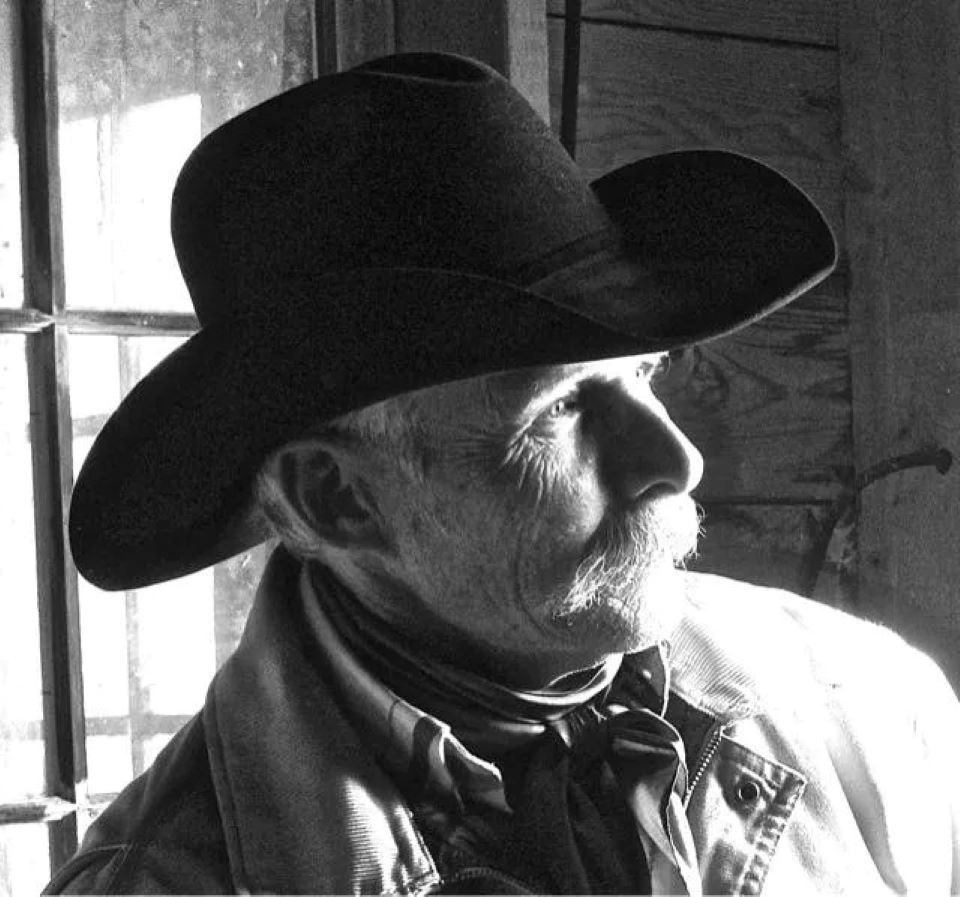For M. Timothy Nolting, places hold a unique power to shape storytelling. His journey from a Kansas to Longmont resident in the centennial year of 1976, and later moving to Nebraska, has played a pivotal role in the tapestry of his narratives including his first fiction novel, “By the Way They Treat Their Horses.”
The American West, with its rugged landscapes and tales of resilience, has long been a canvas for storytellers to paint narratives of human endurance and spirit. In his latest literary work, Nolting delves into the heart of the American West, painting a vivid and haunting portrait of life in the Oklahoma Territory in 1889.
Nolting's literary journey has taken him from the world of cowboy poetry since the early 1980s, to the realm of fiction. His roots in the American West and his deep connection to its history have been a constant source of inspiration for his creative work. While he had previously self-published two volumes of selected columns from his newspaper writings, “By the Way They Treat Their Horses” marks his first foray into the world of fiction.
“The prose is not poetic. It’s a raw story. It's a story of domestic abuse. And its setting is in the West, beginning with the land rush in Oklahoma Territory in 1889,” Nolting said. “I've been a researcher in Western history for many, many years. It's not an unusual story, but it's a story that is not often said.”
Nolting emphasized the seclusion experienced by homesteaders and ranch families in remote areas during this time, which occasionally led to extreme cases of abuse. While Nolting's novel takes inspiration from historical cases, he stressed that it's a work of fiction. This approach allowed him to shed light on a distressing but underrepresented aspect of Western history in a sensitive and meaningful way.
Nolting noted the dualities that define his storytelling: the juxtaposition of serene settings and raw, emotional themes and the complex struggle between inheriting the past and forging a different future.
“My story is twofold. I want to tell the story of homesteaders, and the difficulty that they had. I want to describe a country and settings that I'm familiar with ... But there are also parts that are very raw and emotional,” Nolting said.
During the writing process, Nolting sought feedback from a writer's group that included his wife and close friends. Yet, life's demands led him to set the project aside for about six years as he served as a county commissioner. Upon completing his term, he dedicated the last five years to polishing the novel, refining it into the narrative it is today.
Nolting fondly reminisced about his time in Longmont from 1976 to 1993. He and his wife made the significant move from Kansas City to the charming town of Longmont. This transition marked a pivotal moment in his life, as he left behind the bustling urban life for the serene landscapes of Colorado.
During his time in Longmont, he resided on South Judson Street, and he recounted how the elementary school across the road had yet to be established. Longmont was indeed undergoing transformative changes. The expansive, open fields that once characterized the area were slowly giving way to development. Longmont's transformation and the surrounding landscapes left an indelible mark on Nolting's ability to transport readers to a time and place where history meets imagination.
“In my descriptive writing, I try to bring those settings to life so that the reader can say, ‘Ah, you know, that's serene, or that's relaxing. That would be a nice place to be,’” Nolting said.
Drawing from his family history, real-life experiences and a passion for Western history, Nolting aimed to craft a narrative that not only sheds light on a dark reality but also offers a message of hope and redemption in the face of adversity with “By the Way They Treat Their Horses.”



